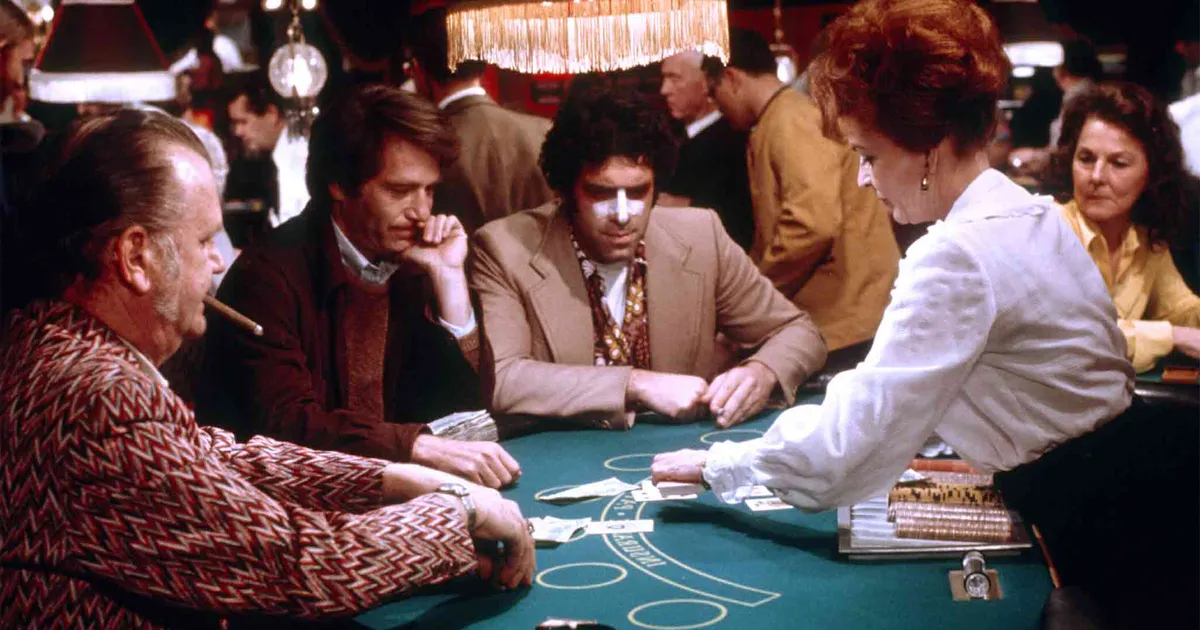Whether you gamble on a regular basis or occasionally, there are a number of tips to help you manage your gambling. The first is to understand your reasons for gambling. Many people find that gambling is a form of self-soothing or socialization. It is important to understand that gambling is just one form of entertainment. It is also important to limit the amount you spend. It is best to stick to a budget in order to avoid gambling excessively.
A key element in gambling management is bankroll management. This involves setting aside a fixed amount of cash to play with, and not exceeding that amount. The reason is that playing at higher limits has a high risk. By setting a bankroll limit, you can determine how much you are willing to spend on each game. If you spend more than you have, you may end up in debt. This can also affect your relationships and detract from your gambling experience.
Another tip to help you manage your gambling habit is to seek help. There are a variety of resources available, including counseling. A mental health professional can help you with a gambling problem, such as a sponsor or a therapist. One option is to contact an addiction treatment center to help you overcome the addiction. It is important to recognize the signs of an addiction, so that you can get help at the right time. It is also important to avoid situations that trigger your gambling urges.
Other treatment options include therapy and medications. Cognitive-behavioral therapy (CBT) focuses on replacing unhealthy beliefs with healthy ones. Family therapy may also be helpful. In some cases, medications may be prescribed, including antidepressants, mood stabilizers, and narcotic antagonists. When combined with therapy, these treatments can help people manage their gambling habit and regain control of their lives.
Managing a gambling addiction can be a challenging and difficult situation for family members. It can make family members feel ashamed and alone. Reaching out for support will allow them to realize they are not alone in this struggle. Another strategy is to set boundaries around how the problem gambler manages his or her money. This helps keep the problem gambler accountable and will prevent a relapse.
Gambling should not dominate one’s social life. Responsible gambling should include understanding the odds and knowing when to stop. In addition, it should not affect one’s life in a negative way. A gambler should have fun while gambling, but it should not become too much of a burden. If the gambler is unsure of the best way to deal with it, they should seek help. If the problem is severe, the best way to deal with it is through treatment. If that is not possible, there are also programs that can help you manage the problem.
A gambling addiction is a serious problem that can have serious consequences. If the problem becomes a way of life, a person can become dependent on it and run into serious financial hardship. Some people even end up stealing money to fund their gambling habit.


